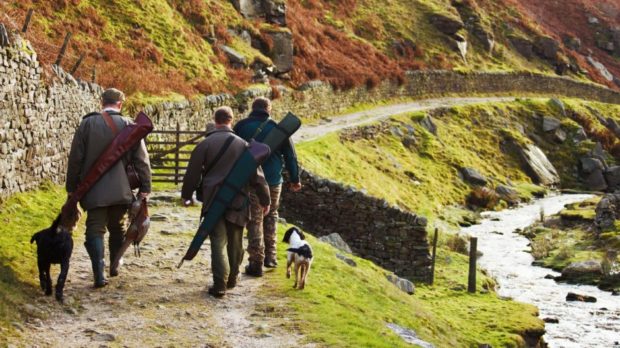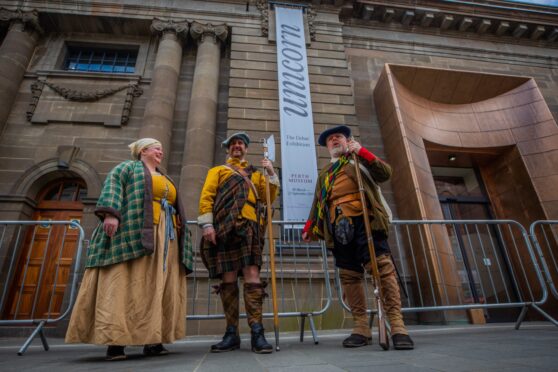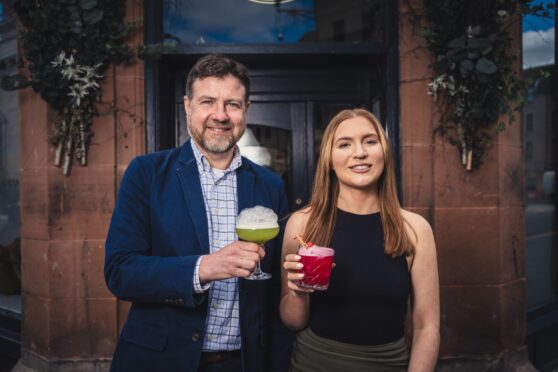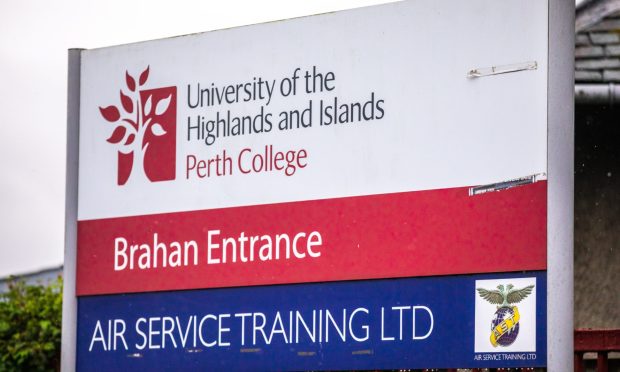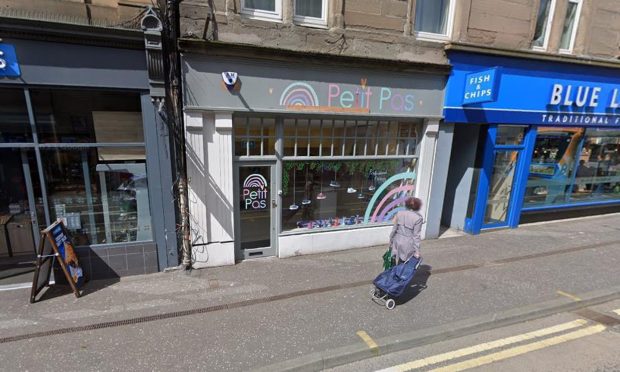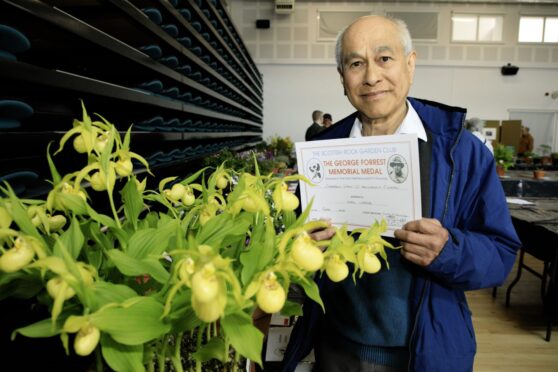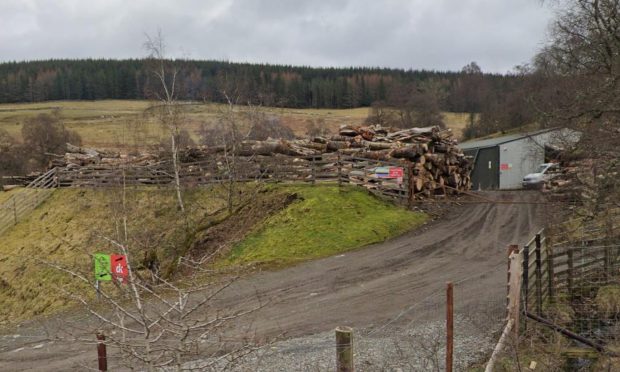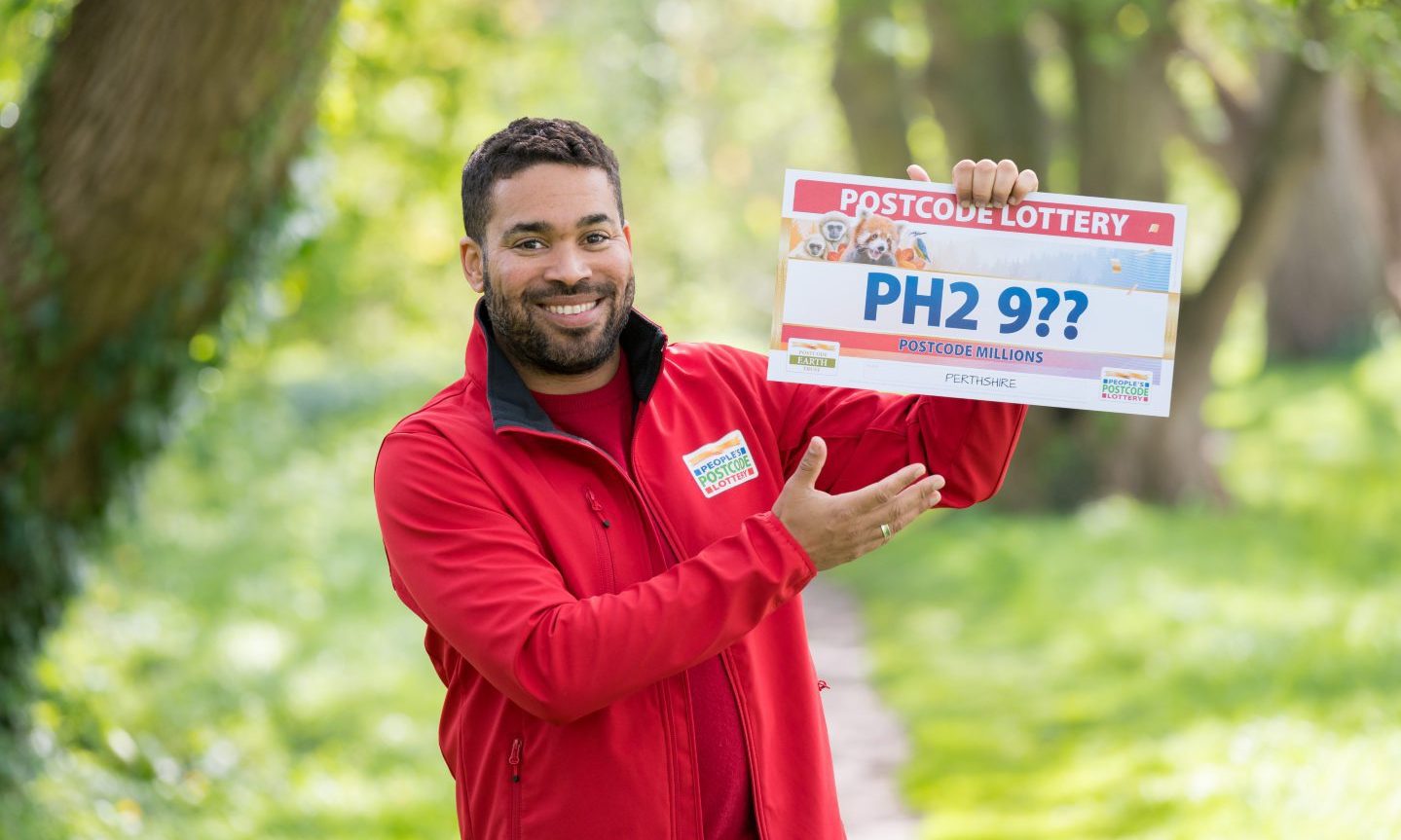Restrictions on self catering accommodation in Scotland have had an “eyewatering” impact on rural tourism businesses, it has been claimed.
Businesses have hit back at the restrictions, saying they have had tens of thousands of pounds worth of cancellations within days of the announcement.
Since September 25, people from more than one household have not been allowed to stay in self-catered accommodation together while current restrictions on indoor private gatherings are still in place.
Many rural parts of Tayside and Fife depend on tourists visiting the area for outdoor sports including fishing and shooting but it is feared most are staying at home due to the restrictions.
Ross Ewing, political and press officer in Scotland for the British Association for Shooting and Conservation (BASC), said the measures are already having an “eyewatering” impact on Scotland’s rural economy.
He said: “It has only been one week since this disastrous announcement and we are already seeing the eyewatering implications for Scotland’s rural economy.
“While we recognise that the Scottish Government needs to take difficult decisions as it contends with this crisis, it is also incumbent on them to help and support sectors which have seen business and trade decimated as a result.
“We urge the Scottish Government to look again at this decision – self-catering businesses have been unfairly singled out.
“If the Scottish Government deem that current restrictions should continue, then we must impress the fundamental need to make urgent support available to impacted businesses.”
“It is an absolute necessity if rural business is to survive.”
Dr Simon Wright, who owns Crieff-based sporting agency, MacIntyre and Thomson says the decision has come at what would have been his busiest period.
He said: “September and October are our busiest months, and the restrictions on self-catering accommodation effectively put my business through the shredder.
“All of our multi-occupancy buildings and associated sport was cancelled within 24 hours of the announcement.
“Those 24 hours have fundamentally changed the future of our business.”
However, a Scottish Government spokesperson said: “As the First Minister has made absolutely clear, we do not underestimate the devastating impact this pandemic has had on Scotland’s tourism sector.
“But we are at a critical point, the virus is rising again, we face the risk of exponential growth and everyone must play their part in stopping its spread in Scotland.
“Unfortunately, as part of this, we must limit social interaction and the new restrictions on household gatherings which also apply to self-catering premises have been introduced as a necessity to suppress transmission in recognition of the clear risks that the mixing of households indoors currently present.”
They added: “We are doing everything we can with the limited powers available to us to support the tourism sector –additional recent support has included a £1 million scheme from which eligible applicants received a £10,000 grant.”
According to a survey by the Association for Scotland’s Self-Caterers, almost three-quarters of self-catering businesses have been negatively impacted financially by the new restrictions.
Meanwhile, 55% of self-caterers have experienced mental health issues or some mild anxiety associated with the Covid-19 restrictions.
